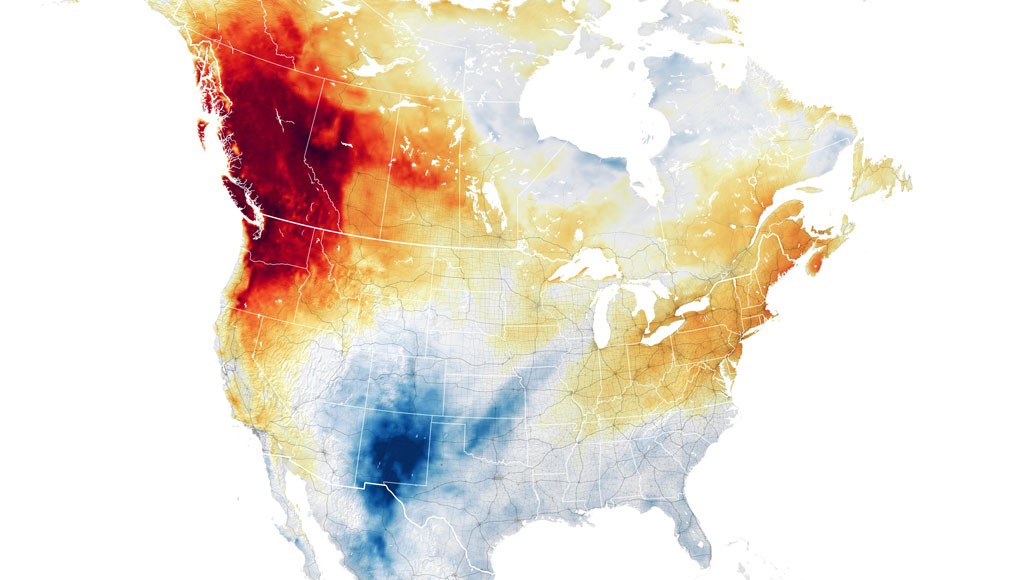Mike Farnworth, Minister of Public Safety and Solicitor General, and Adrian Dix, Minister of Health, have released the following statement regarding the BC Coroners Service’s Review of Heat-Related Deaths in B.C. in Summer 2021 report:
“We are saddened by the confirmation that 619 people lost their lives due to heat during the unprecedented heat dome in summer 2021. Our hearts go out to the families and friends who continue to grieve the loss of a loved one.
“After last year’s tragic heat dome, and the increasing impacts of climate change, it was clear we needed to work together to be prepared for heat events, particularly extreme heat emergencies, and we thank the Heat-Related Death Review Panel for its recommendations on how the provincial government can do that.
“Many of the recommendations within the panel’s report that are addressed to the Province are complete or underway. The Province has implemented a provincial co-ordinated heat alert and response system, the BC Heat Alert and Response System, which alerts people, First Nations governments and local governments of heat warnings and extreme heat emergencies, and lays out actions to be taken by provincial government agencies to keep people safe. The system is ready to be used this summer and includes the potential to issue broadcast-intrusive alerts through Alert Ready to notify people about extreme heat emergencies.
“The Province continues to work with communities on preparing for heat events. The newly announced extreme heat funding stream, under the $189-million Community Emergency Preparedness Fund, will support First Nations and local governments with extreme heat risk mapping, assessment and planning. We will continue to work with First Nations and local communities and make supports available to them, including providing clear guidance on eligible expenses, such as opening cooling centres and transportation to cooling centres.
“The Ministry of Health is continuing to work on identifying and supporting populations most at risk of dying during extreme heat emergencies, such as people with chronic illnesses or who have limited mobility. For example, health authorities have provided resources to home-health staff about when it’s important to conduct wellness checks, signs and symptoms of heat exhaustion and how to respond.
“Additionally, we have published the multi-language Prepared BC Extreme Heat Preparedness Guide with tips and resources on how people can keep themselves and their loved ones safe during extreme heat emergencies.
“All recommendations within the BC Coroners Service’s report will be carefully reviewed and considered.
“Alongside local governments and First Nations, the Province is committed to keeping all British Columbians safe during heat events and we are working to do so by reviewing and bolstering our response systems. We will continue to move forward and take necessary steps to prevent heat-related deaths in the future.”
Learn More:
On how to protect yourself and your community during extreme heat events and how to keep cool, visit the Prepared BC Extreme Heat Preparedness Guide:

